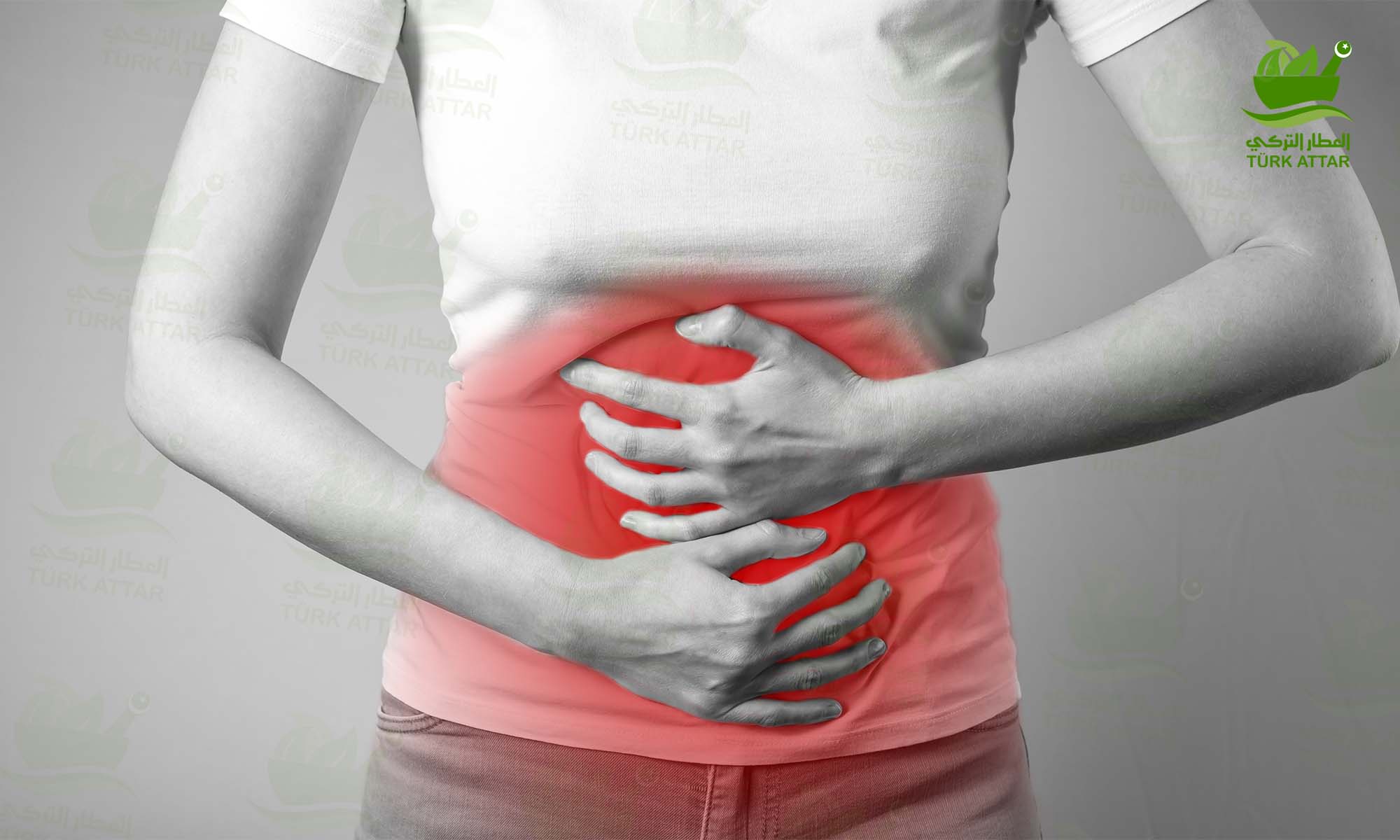
Chron's disease, which can be located in any part of the digestive system consisting mainly of the mouth, pharynx, esophagus, stomach, small intestine, large intestine and anus, is an inflammatory disease generally seen around the junction of the small intestine and small intestine with the large intestine. The disease, which has a wider prevalence among women than men, usually occurs between the ages of 35 and 40. However, there are many individuals who suffer from Chron's disease during childhood and adolescence. The disease causes thickening in the parts of the digestive system where it is involved, wound formations called ulcers, and inflammation.
Crohn's Disease
What are the symptoms of Crohn's disease?
Although the symptoms of Crohn's disease may differ from person to person, the most common symptoms in general can be listed as follows:
Diarrhea.
Stomach ache.
Constipation and bloating in some cases.
Nausea and vomiting.
Fever.
Crack formation around the anus.
Blood and inflammation in the stool.
How is Crohn's disease diagnosed?
The presence of Chron's disease should be investigated in individuals with prolonged abdominal pain, nausea and vomiting, diarrhea and weight loss. The methods used in the diagnosis of the disease are generally:
blood tests.
Examination of the stool sample.
Filming of the digestive system.
Endoscopy and colonoscopy.
Biopsy.
What are the causes of Crohn's disease?
The cause of Chron's disease is not known exactly. However, as a result of studies, it has been observed that the probability of this disease in children of parents with the disease is 14 to 15 times higher than normal. It is not a contagious disease, and there is no transmission of Chron's disease from an infected person to a healthy person. Although it is thought that some viruses and bacteria-derived agents play a role in the formation of the disease that affects the body's defense system, there is not enough evidence yet. Likewise, the effects of stressful life on the formation of the disease are discussed.
What are the treatments for Crohn's disease?
Chron's disease is a persistent disease that can never be fully cured. Affected individuals go through periods during which Chron's disease flares up and stagnates. Although the disease cannot be prevented, it is possible to minimize the symptoms caused by various drug treatments and medical nutrition therapy, especially during exacerbations. Apart from this, approximately 50% - 70% of Chron's disease needs surgical intervention at least once in their lifetime. Surgical intervention is preferred, especially in patients who do not respond to drug therapy.
Individuals with Chron should act within the framework of a special nutrition plan throughout their lives. Since foods with high fibre content trigger the disease, they should be consumed as little as possible and should be excluded from the diet, especially during active (exacerbation) periods. During periods when individuals have diarrhea or constipation problems, the diet for Chron's disease should be adjusted accordingly. Apart from this, during the active periods of the disease, individuals should avoid doing heavy sports and movements that require physical strength, and rest as much as possible. As a result, the problems caused by the disease can be minimized by paying due attention to the treatments performed in the presence of a doctor and dietitian in individuals with Chron's disease, thus increasing the quality of life to a great ext
